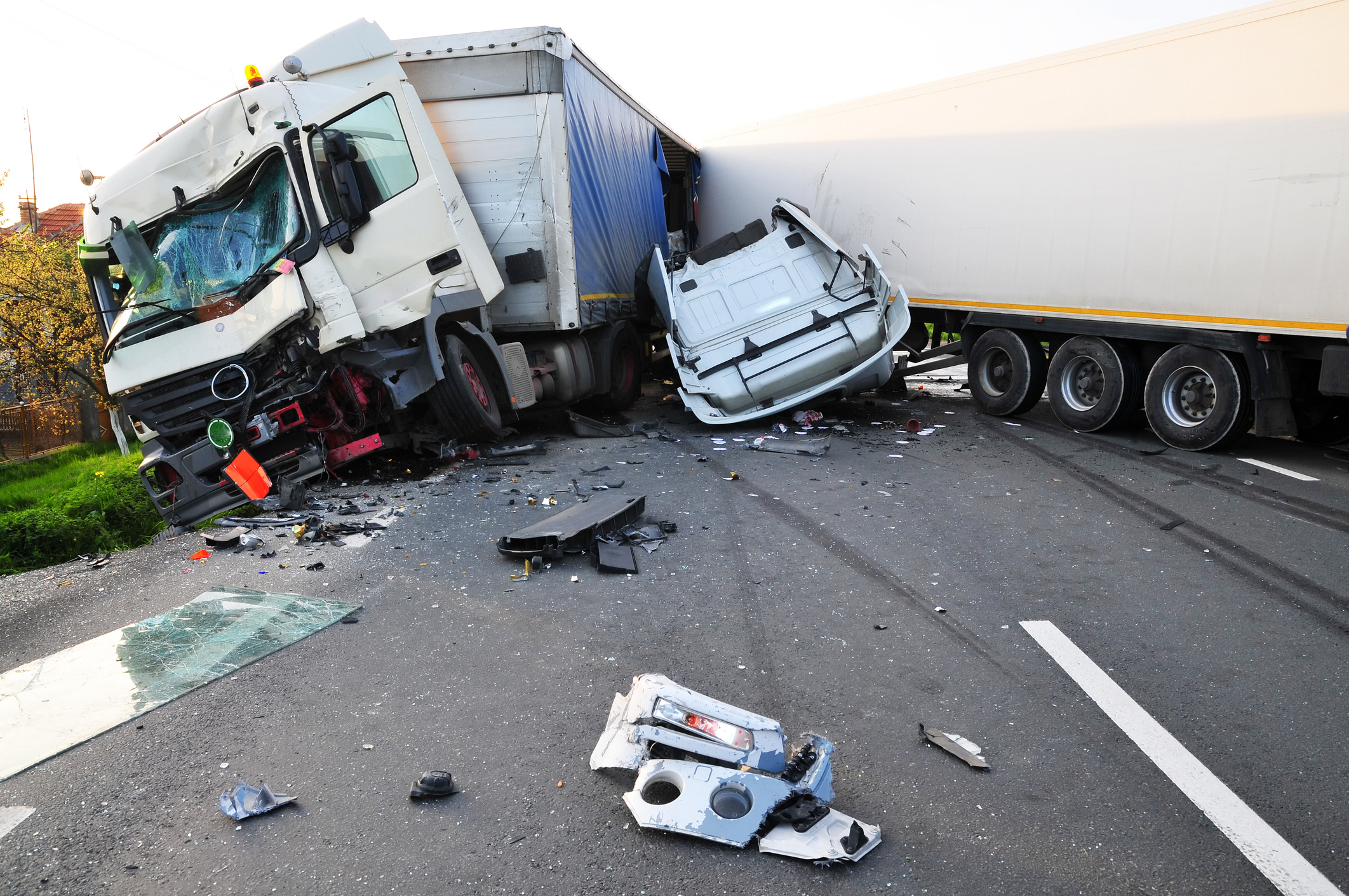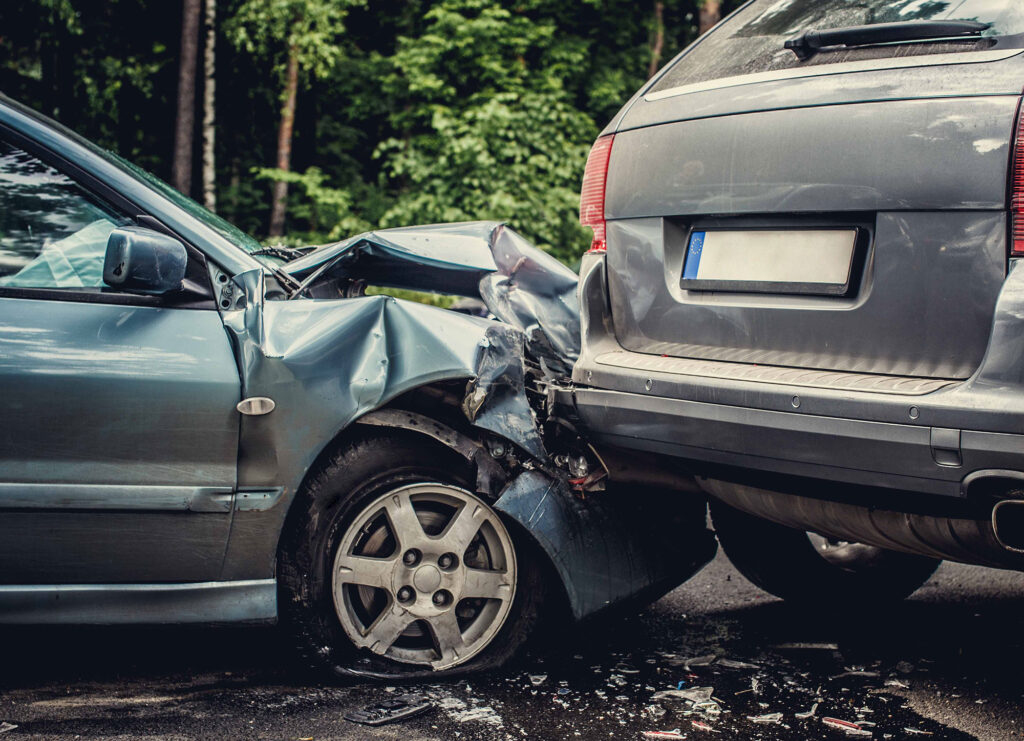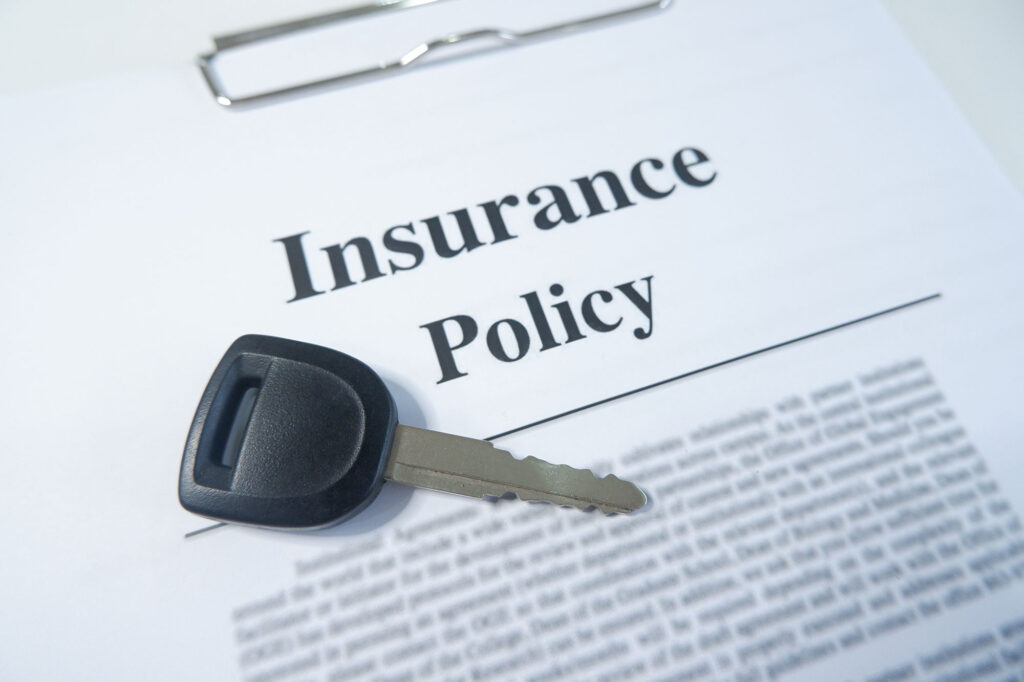Houston, Texas, a bustling metropolis crisscrossed by freeways and industrial zones, sees a constant flow of 18-wheelers delivering vital goods. While these behemoths fuel the city’s economy, their sheer size and weight pose a significant danger when accidents occur. The consequences are rarely minor, often leaving victims grappling with life-altering injuries. Understanding the potential impact of 18-wheeler crashes in Houston is crucial for promoting safety awareness and supporting those affected.
The Brutal Reality: Common Injuries
The immense force unleashed in a collision with an 80,000-pound truck translates to a spectrum of potentially devastating injuries. Some of the most frequent include:
- Traumatic Brain Injuries (TBIs): From mild concussions to severe brain damage, TBIs can lead to cognitive impairments, memory loss, personality changes, and even coma. The impact of an 18-wheeler crash, the sudden stop, and the debris can all contribute to these injuries.
- Spinal Cord Injuries (SCIs): These catastrophic injuries can cause paralysis, loss of feeling, and disruption of essential bodily functions. Even seemingly minor spinal damage can have life-altering consequences.
- Amputations: The crushing force of an 18-wheeler can lead to the traumatic amputation of limbs, requiring extensive surgery, prosthetics, and ongoing rehabilitation.
- Internal Injuries: Organs like the lungs, liver, and spleen are susceptible to internal bleeding and damage due to the impact and forceful movement within the vehicle. These injuries may not be immediately apparent, making timely diagnosis crucial.
- Broken Bones: Fractures, often multiple and complex, are common due to the violent forces involved. Healing can be lengthy and painful, potentially leading to chronic pain and mobility limitations.
- Soft Tissue Injuries: Whiplash, sprains, strains, and lacerations are often the “lesser” injuries, but they can still cause significant pain, discomfort, and long-term functional limitations.
Exacerbating Factors: Houston's Unique Landscape
Houston’s specific characteristics add layers of complexity to 18-wheeler accident injuries:
- Heat and Humidity: These factors can exacerbate pain, dehydration, and recovery challenges.
- Congestion and Traffic: Delays in receiving medical attention can worsen outcomes.
- Industrial Zones: Hazardous cargo spills or explosions can add chemical burns and respiratory issues to the injury list.
- Motorcyclist and Cyclist Vulnerability: Smaller vehicles offer minimal protection, amplifying the severity of injuries.
Beyond the Physical: The Emotional and Financial Toll
The impact of 18-wheeler accidents extends far beyond the physical. Victims often experience post-traumatic stress disorder (PTSD), anxiety, and depression, requiring extensive psychological support. Medical bills, lost wages, and potential disability further compound the financial strain on victims and their families.
Seeking Support and Justice
If you or someone you know has been injured in an 18-wheeler accident in Houston, remember:
- Seek immediate medical attention: Early diagnosis and treatment are crucial for optimal recovery.
- Connect with legal counsel: Understanding your rights and exploring potential legal options can help navigate the complex aftermath of the accident.
- Seek emotional support: Consider individual or group therapy to address the emotional trauma and navigate healing.
Prevention: A Collective Responsibility
While the consequences of 18-wheeler accidents can be devastating, proactive measures can reduce their frequency and severity:
- Stricter enforcement of trucking regulations: Ensuring adherence to driving hours, vehicle maintenance, and safety protocols is vital.
- Advanced driver training: Equipping truck drivers with comprehensive training, including defensive driving techniques, can mitigate human error.
- Improved road infrastructure: Addressing blind spots, ensuring proper signage, and maintaining road conditions can contribute to safer driving environments.
- Public awareness campaigns: Educating all road users about the dangers of sharing the road with large trucks can promote responsible driving behavior.
By understanding the potential injuries, the unique Houston context, and the resources available, we can promote awareness, offer support to victims, and work towards making the roads safer for everyone. Remember, every responsible action taken, every voice raised, can contribute to preventing another life-altering tragedy at the crossroads of steel and flesh.
Note: This article is for informational purposes only and does not constitute legal advice. Please consult a qualified professional for legal and medical guidance.



























